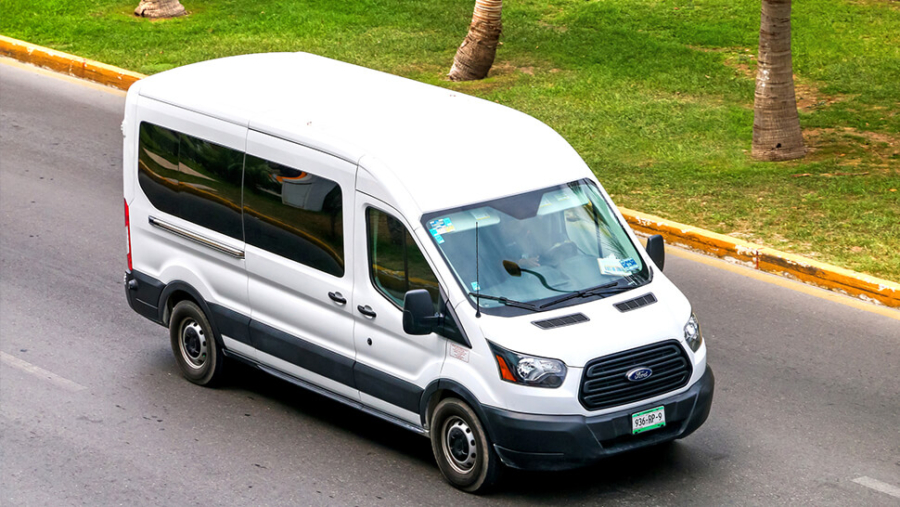

There is often much confusion over whether teachers are entitled to drive a school minibus. Whilst there have been no recent legislative amendments in this area, the following is a summary of the position.
What is a minibus?
A minibus is a motor vehicle with between 9 and 16 passenger seats. It is described as a category D1 vehicle by the Driving Vehicle Licensing Authority.
Who can drive a minibus?
Drivers who hold a full D1 PCV entitlement can drive minibuses for hire or reward. There are also circumstances when a driver can drive a minibus within the UK when they hold a car (category B) licence.
If members of staff passed their driving test before 1 January 1997, they can drive a minibus that is not being used for hire or reward as these licences automatically include category D1 (101) (not for hire or reward) entitlement.
If members of staff passed their driving test on or after 1 January 1997, they may still drive a minibus that is not being used for hire or reward but only if the following conditions are met:
• the driver is over 21 years old and has held a category B licence for at least 2 years;
• the minibus is used by a non-commercial body for social purposes;
• the driver receives no payment other than the recovery of out of pocket expenses;
• the driver provides its service on a voluntary basis;
• the gross vehicle weight of the minibus is not more than 3.5 tonnes (or 4.25 tonnes if including any specialist equipment to carry disabled passengers); and
• the driver does not tow a trailer.
Is a school a non-commercial body?
Independent schools with charitable status are treated as being “non-commercial organisations”.
The position is less clear for independent schools without charitable status and it is generally deemed unlikely that they will be viewed as “non-commercial bodies”.
What are social purposes?
According to guidance issued by the Department for Education, the Department for Transport and the Association of Chief Police Officers (which can be located here), “social purposes” includes school trips and travel to sporting fixtures within the school day, or as an extra-curricular activity. It is envisaged that most types of driving which school employees could be asked to undertake would fall within this category. This might include by way of example travelling for the purposes of a geography field trip, travel to a venue for a music competition or travel to another school for a sports fixture.
Are you driving on a voluntary basis?
A driver is deemed to be driving on a voluntary basis if they receive no consideration for driving, other than out of pocket expenses. Out of pocket expenses would include fuel costs, parking fees, toll fees etc.
If a teacher’s contract of employment states that driving minibuses is part of their duties, or if a teacher is paid an additional sum specifically for driving the minibus (excluding out of pocket expenses) such staff would be deemed to be receiving payment for driving a minibus and would not be driving on a voluntary basis.
If, however, a teacher’s contract of employment does not state that driving minibuses is part of their duties and they receive no additional payment for it, they will be deemed to be driving on a voluntary basis. The same is likely to apply to job descriptions, even though these are generally not a contractual document.
Schools in any doubt whatsoever about their ability to satisfy the requirements above should consider whether they need to obtain a Section19 permit.










